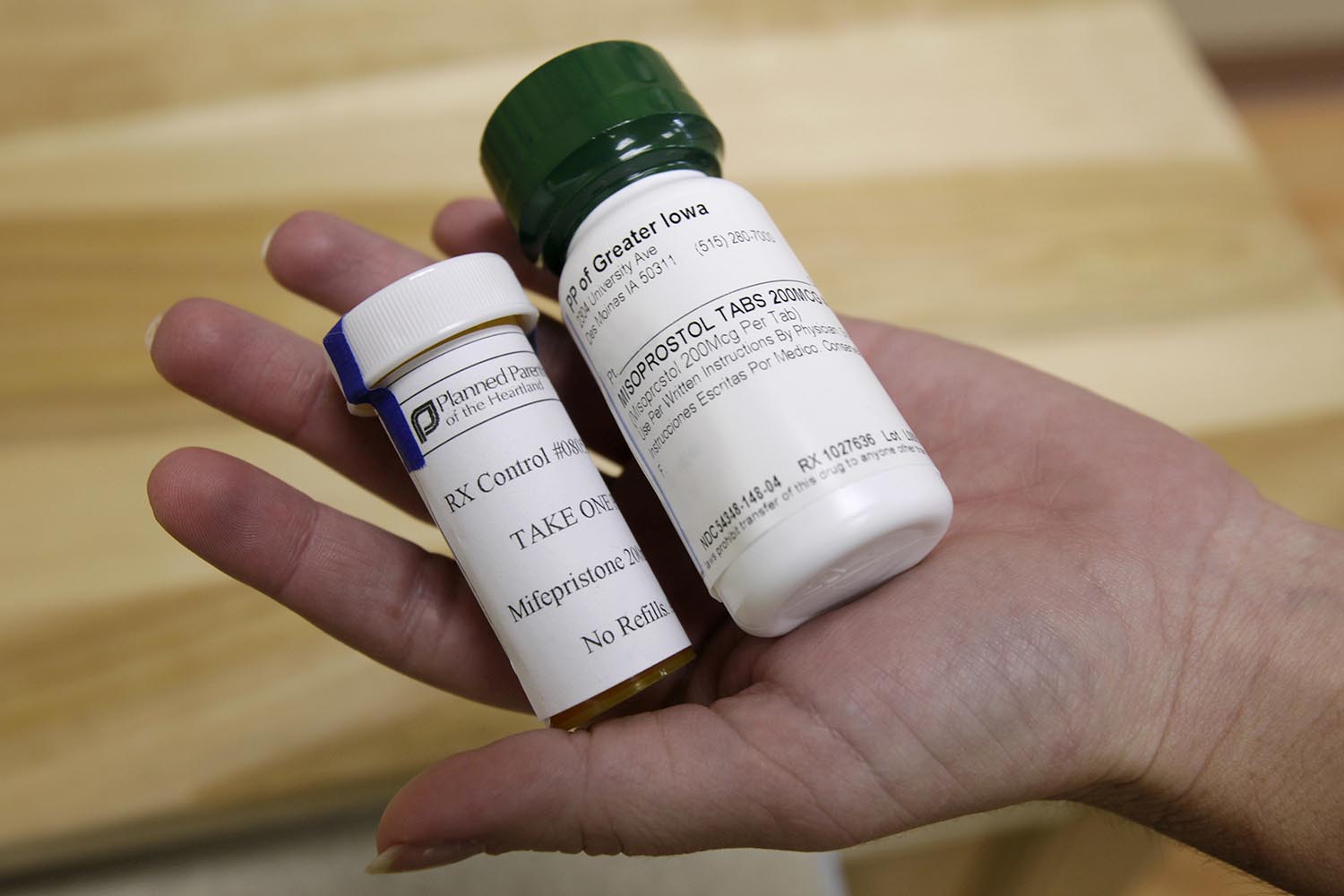Penna Dexter
The United States Supreme Court will soon announce its ruling in Dobbs v. Jackson Women’s Health Organization, a challenge to the Mississippi abortion law that prohibits abortion after 15 weeks’ gestation.
Pro-lifers hope that the justices will take this opportunity to do away with past court precedent under Roe v. Wade, and to return the regulation of abortion to the states.
Pro-abortion activists are seeking ways to work around the restrictions on pre-viability abortions that states are expected to enact if Roe is struck down.
They hope to capitalize on the fact that more than half of abortions that take place in the U.S. are chemical abortions, accomplished when a pregnant woman takes 2 drugs, mifepristone and misoprostol. Mifepristone blocks progesterone, making it difficult for the embryo to implant in the uterine wall. Misoprostol causes cramps, meant to expel the unborn child from the body. A Covid exemption allows abortionists to dispense these abortion drugs without examining the patient in person. So, there’s no physician ensuring a patient does not take them too far along in pregnancy or at incorrect intervals.
In December, the Biden administration made the exemption permanent policy, encouraging these self-managed “mail-order abortions.”
Post-Roe, chemical abortions will likely be prohibited in many states. So, abortion proponents are trying a tactic used in countries where abortion is illegal. They manipulate the language, offering women surgery or prescriptions for “menstrual regulation,” or “missed period pills.”
Since September, a European-based organization called Aid Access has been providing the abortion drug to U.S. women who aren’t even pregnant — just to have on hand in case of an “emergency.” And Plan C, an organization seeking to make abortion pills available over the counter, pitches a high-dose-misoprostol-only drug to “bring back your period.” These “missed period pills” could be provided if a woman only suspects she’s pregnant or to have in her medicine cabinet “to manage her fertility.”
Less stigma? Perhaps. But this will still be abortion. 
 Listen Online
Listen Online Watch Online
Watch Online Find a Station in Your Area
Find a Station in Your Area











 Listen Now
Listen Now Watch Online
Watch Online
